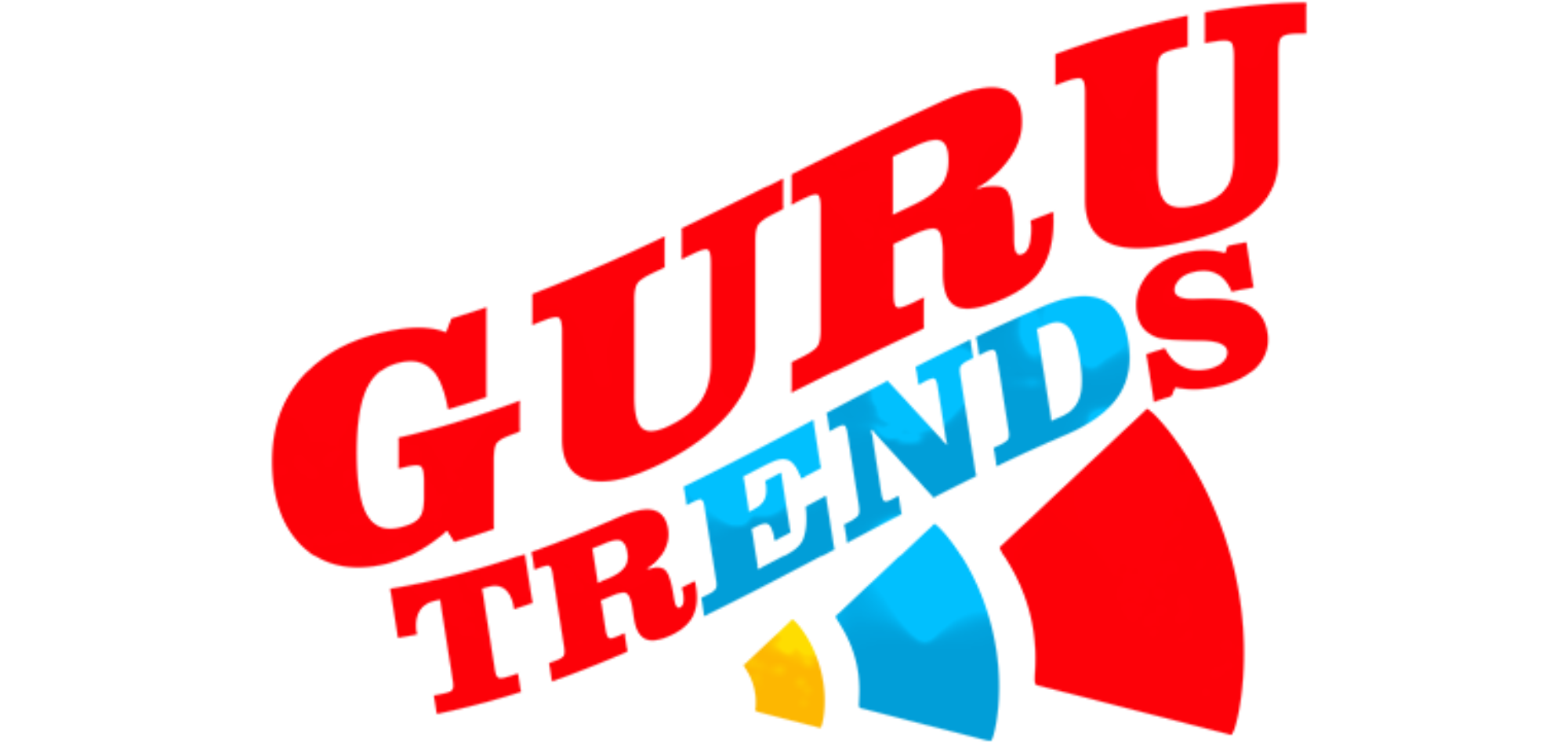


FAST DOWNLOAD
Elon Musk can continue to give away cash to registered voters – for now as a Pennsylvania state judge mulls the case.
The Donald Trump supporter has, through his political group America PAC, been offering cash prizes to registered voters in swing states who sign a petition – something US officials suggest may break electoral law. Musk denies this.
Philadelphia District Attorney Lawrence Krasner sued Musk this week over the $1m (£770,000) giveaways and said Musk “must be stopped, immediately, before the upcoming presidential election”.
At a hearing on Thursday, Judge Angelo Foglietta said the lawsuit will be put on hold while a federal court decides whether to take up the case.
If the federal court chooses not to rule on the matter, the case will go back to the state court.
In a post on X, the platform Musk owns, he said the ruling was “American Justice FTW (for the win)”.
It is unlikely the case will be resolved before Tuesday’s election.
“We will proceed to federal court and we will address the issues there and seek to have the matter remanded back to the state court,” John Summers, a lawyer working with Mr Krasner, told reporters after the hearing.
Musk did not appear at a Philadelphia court for the hearing.
The billionaire announced earlier this month that he would randomly award a $1m prize to people in battleground states – Pennsylvania, Georgia, Nevada, Arizona, Wisconsin, Michigan and North Carolina – every day until 5 November.
These swing states suggest a particularly close contest between Trump and his Democratic rival for president, Kamala Harris.
Yet another winner was announced on Thursday. Musk’s America PAC said Dacey from Fremont, North Carolina had won a $1m check.
To be eligible to win, the giveaway requires registered voters to release personal identifying information, like addresses and phone numbers. They are also required to sign a pledge that says they support the US Constitution.
The lawsuit filed against Musk claimed he was “running an illegal lottery”.
“America PAC and Musk are lulling Philadelphia citizens… to give up their personal identifying information and make a political pledge in exchange for the chance to win $1 million,” Mr Krasner said in the lawsuit. “That is a lottery. And it is indisputably an unlawful lottery.”
The lawsuit also accuses the Tesla co-founder of violating consumer protection laws by using “deceptive, vague or misleading statements” that could create confusion.
But Musk’s lawyers have argued otherwise.
“The complaint, in truth, has little to do with state-law claims of nuisance and consumer protection,” Musk’s lawyers wrote in federal filings, according to a CNN report.
“Rather, although disguised as state law claims, the complaint’s focus is to prevent defendants’ purported ‘interference’ with the forthcoming federal presidential election by any means.”
Just a day before Judge Foglietta’s ruling, the district attorney’s team asked for enhanced security for the hearing after Musk retweeted a post insulting Krasner that led to threats against him.
“It immediately triggered an avalanche of posts from Musk’s followers. Many made antisemitic attacks on Krasner,” Krasner’s team wrote in a legal filing.
Before the case was filed, Musk’s PAC was also warned by the US justice department that its lottery-style giveaway might violate federal election law.
The BBC has previously reached out to America PAC for comment.
Under US law, it is illegal to pay people to register to vote. But legal experts have told the BBC that whether the giveaway violates federal law is a grey area.
Musk could face a $10,000 fine and up to five years in prison if a court finds he broke the law.
Musk himself, who has been aggressively campaigning for Trump, has insisted voters who want to be eligible for the prizes do not need to register as Republicans or go ahead with casting a vote.





















































